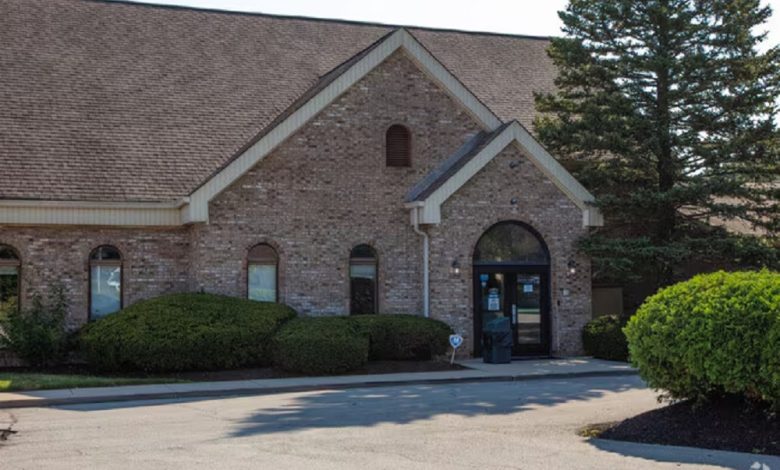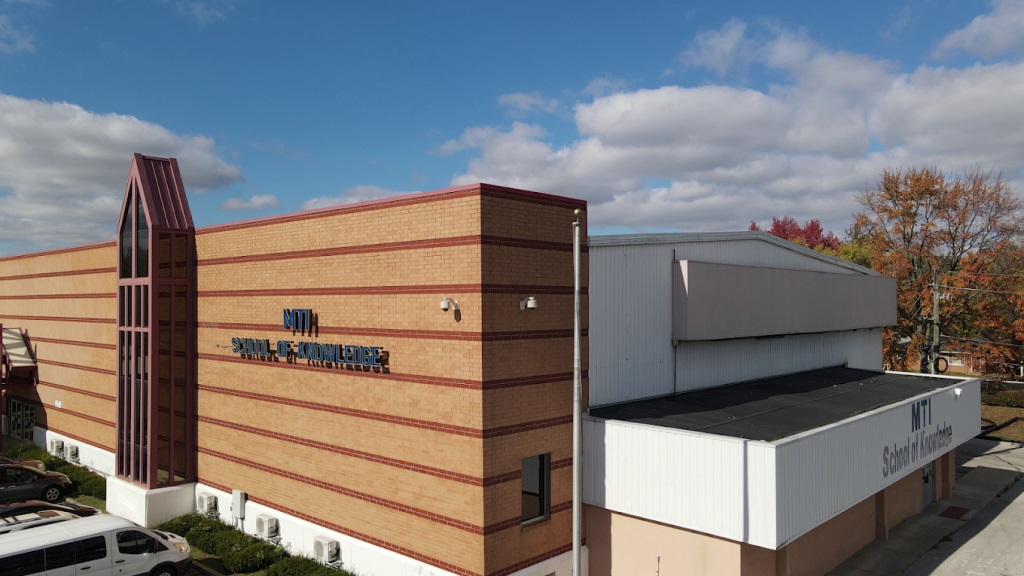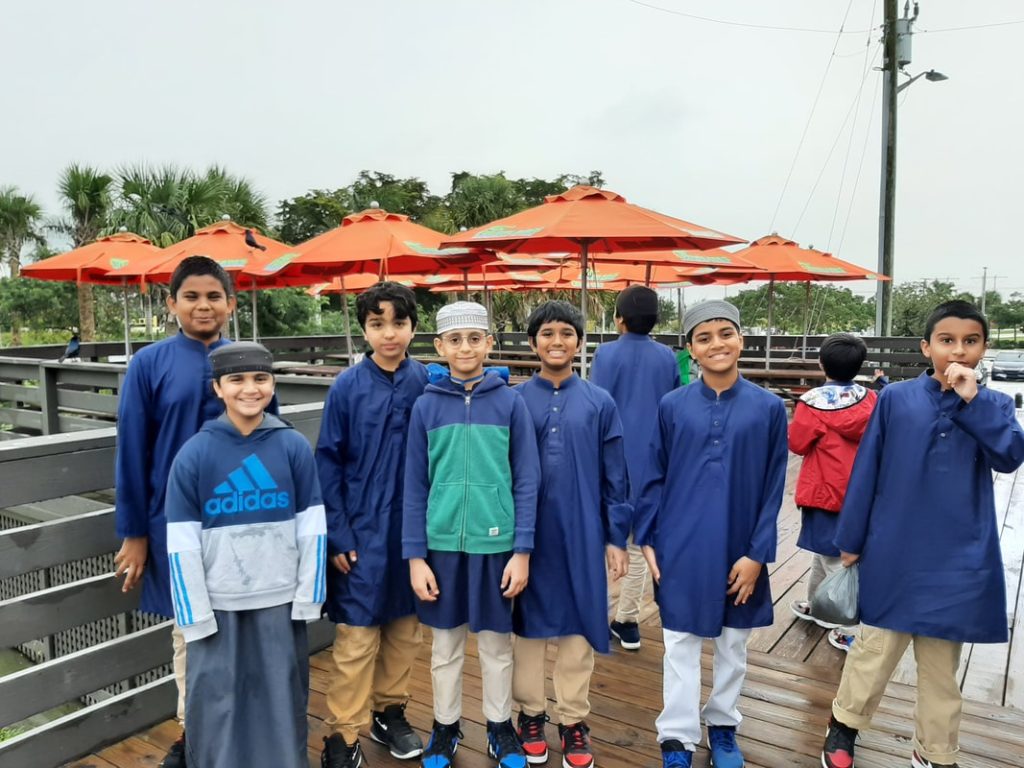Contributions of Islamic Schools in the U.S.: Education, Identity, and Leadership for Muslim Communities
Discover how Islamic schools across America empower students through academic excellence, faith, and community engagement.

Over the past few decades, Islamic schools in the United States have played a growing and transformative role in the lives of Muslim communities. These schools are not merely places of academic instruction — they are foundations for cultural preservation, moral development, and community empowerment. As the Muslim population in America expands, Islamic schools are becoming crucial in shaping confident, knowledgeable, and community-oriented generations.
1. Providing Academic Excellence Rooted in Values
One of the most significant contributions of Islamic schools is their ability to combine strong academic programs with moral and spiritual education. Many Islamic schools across the U.S. follow state education standards while offering rigorous courses in science, mathematics, language arts, and social studies. In addition to these core subjects, students receive education in Qur’an, Arabic language, and Islamic studies, ensuring that their intellectual development is grounded in ethical values and faith-based principles.
This balanced approach helps Muslim students excel academically while nurturing their sense of purpose and identity — a combination that public schools often cannot fully provide.

2. Preserving Islamic Identity in a Diverse Society
For Muslim families, Islamic schools serve as safe and nurturing environments where students can learn and practice their faith freely. Daily prayers, religious celebrations, and cultural activities are integrated into the school experience, allowing students to grow up proud of their Islamic identity.
This role is especially vital in a diverse society, where many Muslim students in public schools face challenges such as misunderstanding, discrimination, or lack of religious accommodation. Islamic schools provide a protective space where identity is celebrated rather than hidden, giving students the confidence to engage with the broader society as strong individuals.
3. Developing Leadership and Civic Engagement
Islamic schools are not limited to religious instruction; they also emphasize leadership development and civic responsibility. Many schools encourage students to participate in student councils, debate teams, interfaith dialogues, volunteer programs, and community service initiatives.
Through these activities, Islamic schools cultivate future leaders who are ready to contribute positively to American society while upholding their religious and moral values. Graduates of Islamic schools often go on to excel in universities, professional careers, and community leadership roles.
4. Strengthening Muslim Communities Nationwide
Beyond the classroom, Islamic schools function as community hubs. They bring together families, educators, religious scholars, and local leaders to build stronger social bonds. These schools often host cultural festivals, charity drives, seminars, and youth programs that unite the Muslim community and promote cooperation with other religious and civic groups.
They also play a role in bridging gaps between Muslim communities and wider society, fostering interfaith understanding and contributing to social harmony.

5. Facing Challenges, Inspiring Growth
Despite their many contributions, Islamic schools face real challenges. Funding is often limited, especially for smaller institutions. They also encounter public misconceptions and must work hard to maintain high accreditation standards. Yet, their steady growth reflects a deepening trust among Muslim families and a strong commitment to providing quality education rooted in faith.
Today, there are over 270 full-time Islamic schools serving tens of thousands of students across the United States — a number that continues to grow as communities invest in educational independence and excellence.
Conclusion
Islamic schools in the United States are key pillars of community development. They educate, inspire, and empower students — equipping them with academic knowledge, strong faith, cultural identity, and leadership skills. Their contributions extend far beyond the classroom, shaping a future where Muslim communities thrive as integral parts of America’s multicultural landscape.



